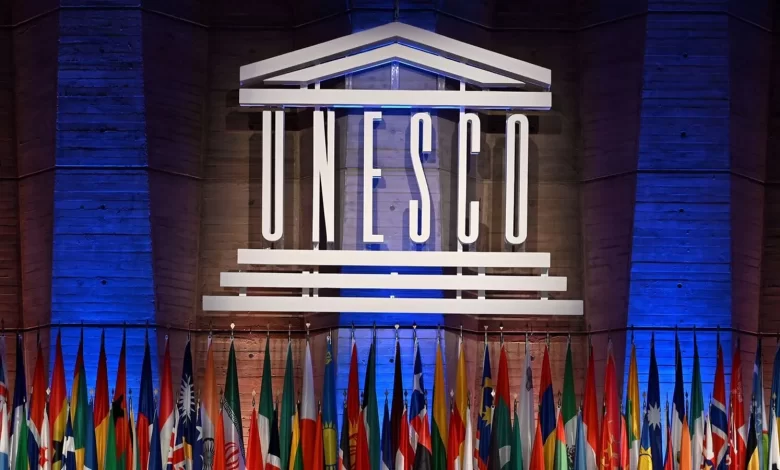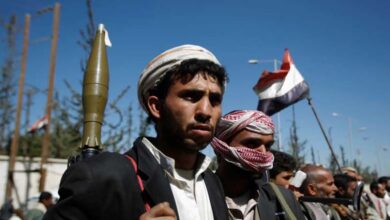Saudi Arabia rejects the participation of an Israeli delegation in UNESCO meetings in Riyadh

Saudi Arabia has refused to allow an Israeli diplomatic delegation to attend meetings of the United Nations Educational, Scientific and Cultural Organization (UNESCO) that will be hosted by Riyadh in the coming autumn, according to Western media reports. This is the latest indication of the kingdom’s adherence to its position on this sensitive issue, while Washington is making intensive efforts to normalize relations between the kingdom and Israel.
The Saudi authorities have not signed a document granting approval for Israeli representatives to participate in the meetings of the Heritage Committee scheduled to take place in Riyadh in September, according to the Russian news agency “Sputnik” citing the American website “Axios”.
The website interpreted Riyadh’s refusal to allow the Israeli delegation to attend the international event as a cautious approach adopted by the Saudi authorities towards any steps that may pave the way for normalization with Tel Aviv, noting that if Saudi Arabia decided to approve, it would be the first time that Israeli officials visit the kingdom officially and publicly.
The website speculated that the UNESCO meetings scheduled to take place in Riyadh might be moved to another country if Saudi Arabia refuses to allow Israeli delegates to enter the kingdom.
Israeli Prime Minister Benjamin Netanyahu recently expressed his desire for the Israeli-Saudi normalization file to remain confidential to Hebrew media, adding that “we cannot know what the Saudis will offer at the current stage to move forward in the file or what Tel Aviv itself will offer, as well as what the US administration will offer”.
Netanyahu has repeatedly expressed his aspiration to reach a peace agreement with Saudi Arabia, emphasizing that the file is a top priority for Tel Aviv. He said in a previous statement, “We have great opportunities to push for peace in our region and peace between our countries and the prosperity of our peoples. I believe that will change history”.
Saudi Arabia had previously refused in March last year to issue entry visas to an Israeli delegation to participate in a conference of the United Nations World Tourism Organization, despite its submission of a request to Riyadh for equal treatment of all members of the organization.
Observers believe that American efforts to reach a Saudi-Israeli normalization deal aim to expand and deepen Israel’s integration in the Middle East, amid rapid changes in the region, including the resumption of diplomatic relations between Riyadh and Tehran.
The Axios website previously pointed out that “any Saudi-American deal to develop relations would have a major economic component,” noting that “Washington wants to ensure that such a step brings Riyadh closer to Washington when it comes to competition with China.”
However, Saudi Arabia has previously clarified its position on the normalization issue, adhering to the outcomes of the Arab Peace Initiative of 2000 and the principle of land for peace, including the establishment of an independent Palestinian state based on the borders of June 4, 1967.
The kingdom also puts forward other conditions, including the establishment of a peaceful nuclear program for civilian purposes, which Israel objects to in the context of its rejection of any military superiority for Saudi Arabia in the region.
Saudi Foreign Minister Prince Faisal bin Farhan said in January 2023 that “the agreement to establish a Palestinian state would be a prerequisite for Saudi Arabia to establish official diplomatic relations with Israel.”
He added, “We have consistently said that we believe that normalization with Israel is something that serves the interest of the region, but normalization and real stability will only come through giving the Palestinians hope and dignity.”












